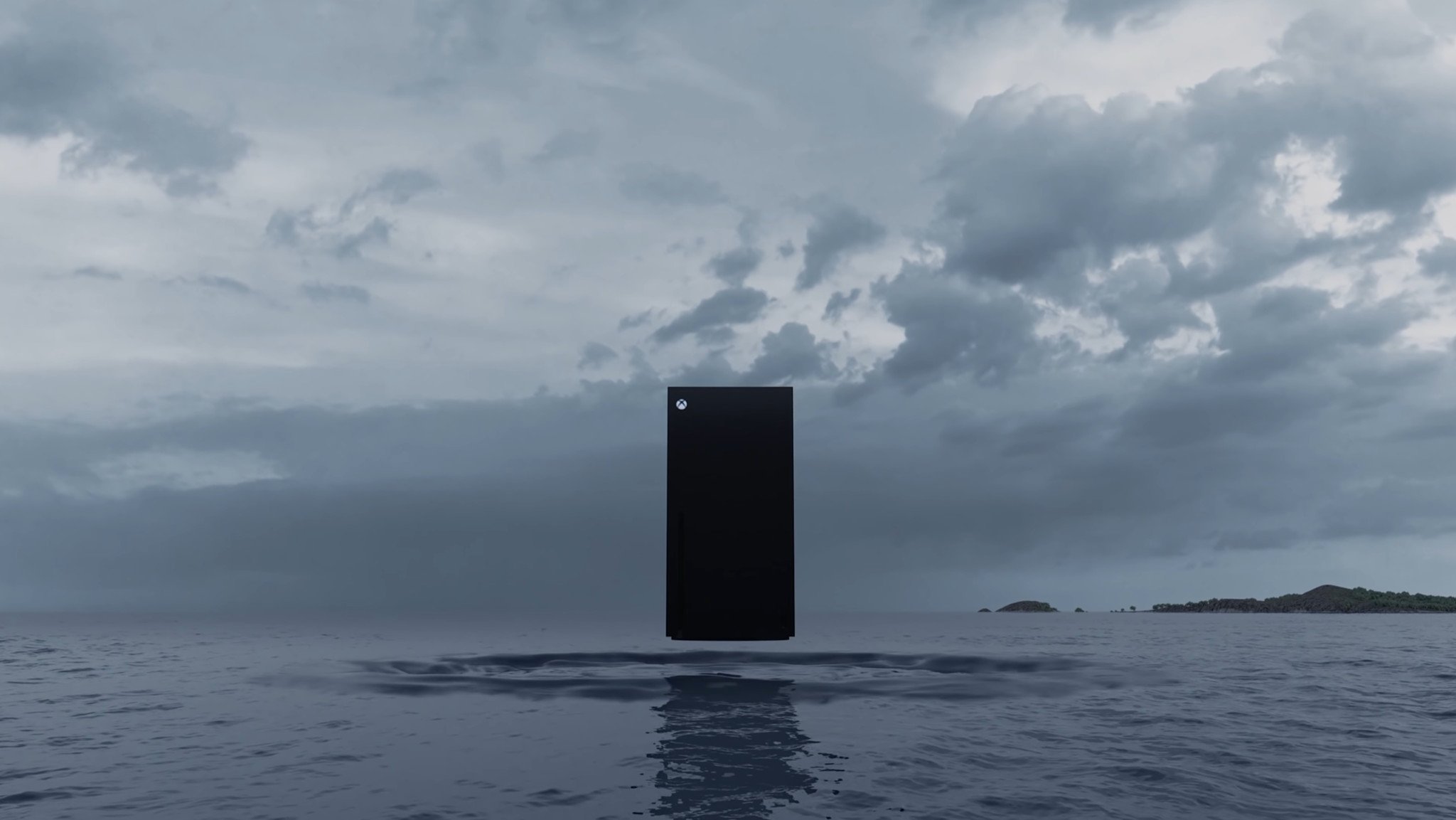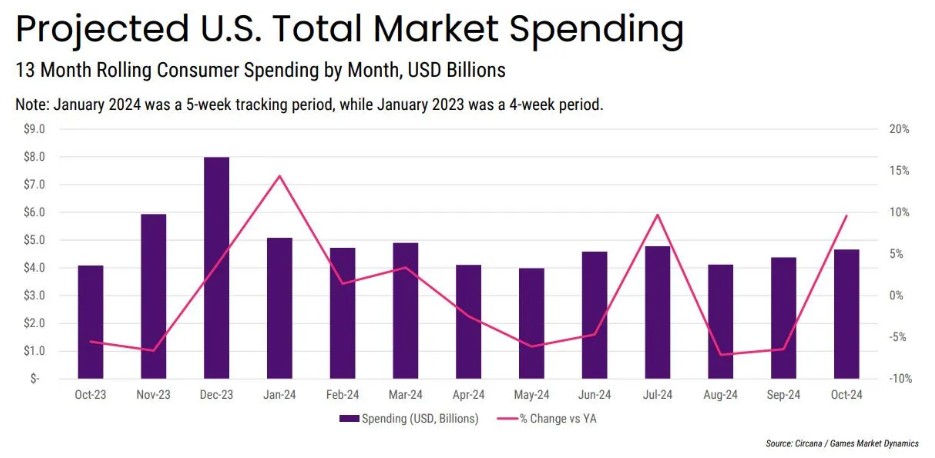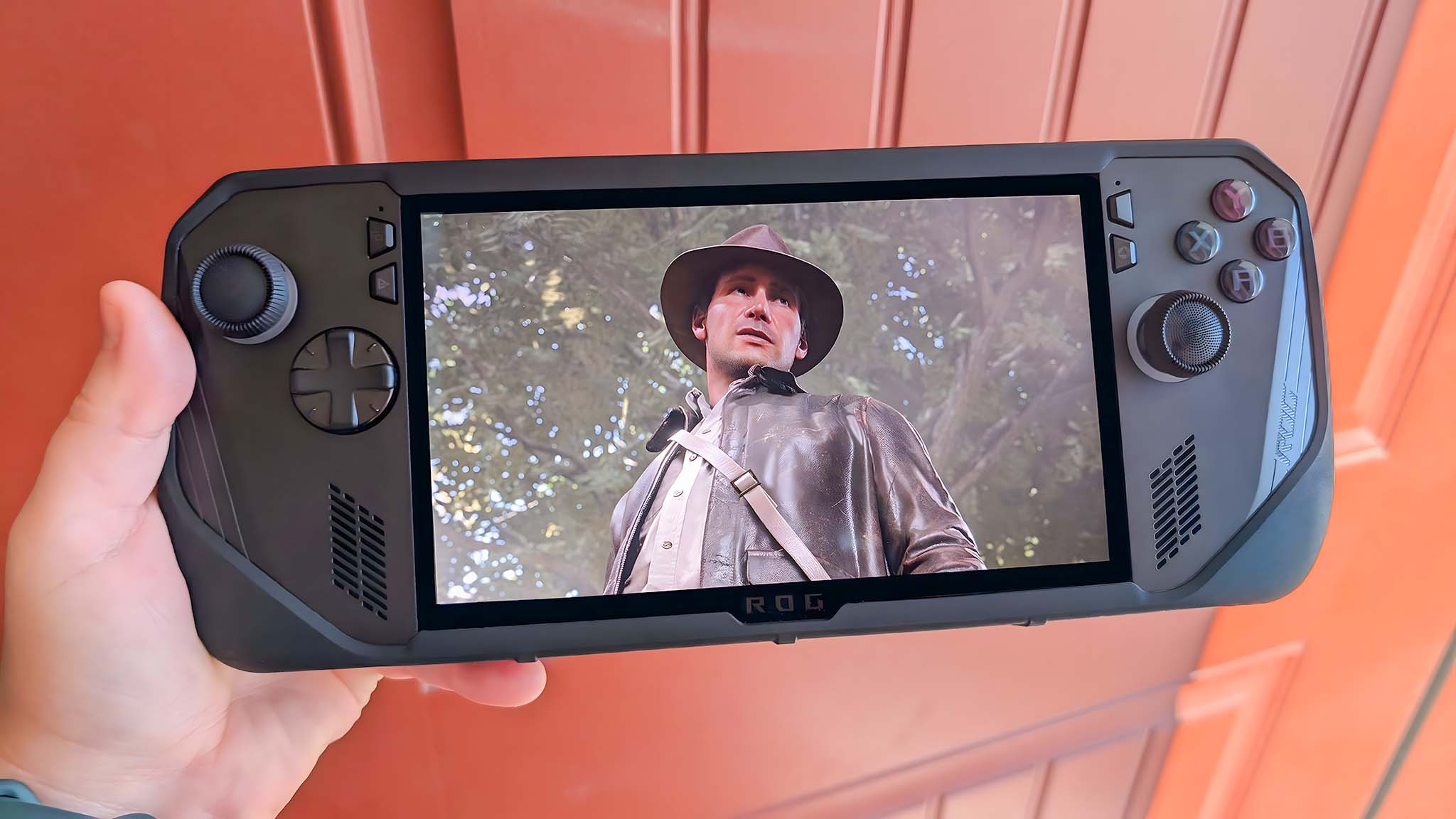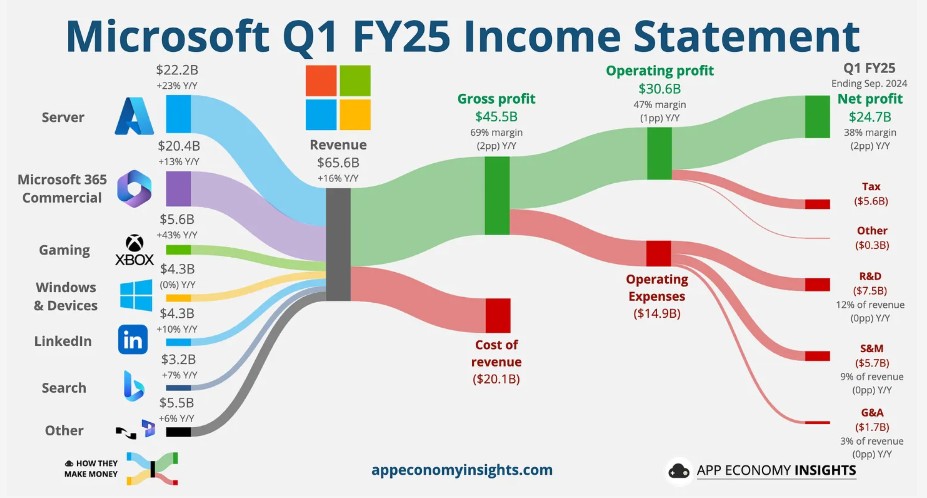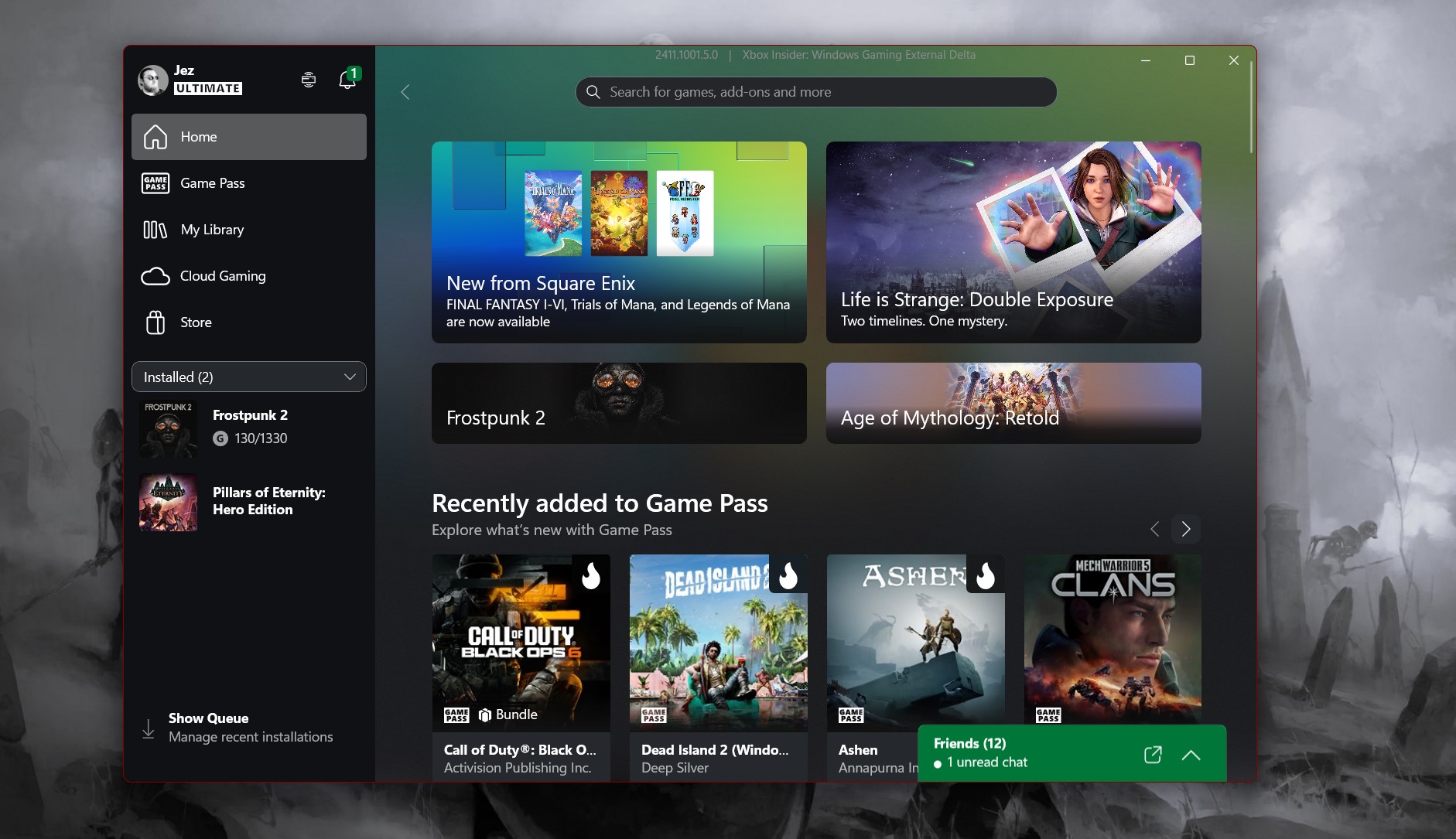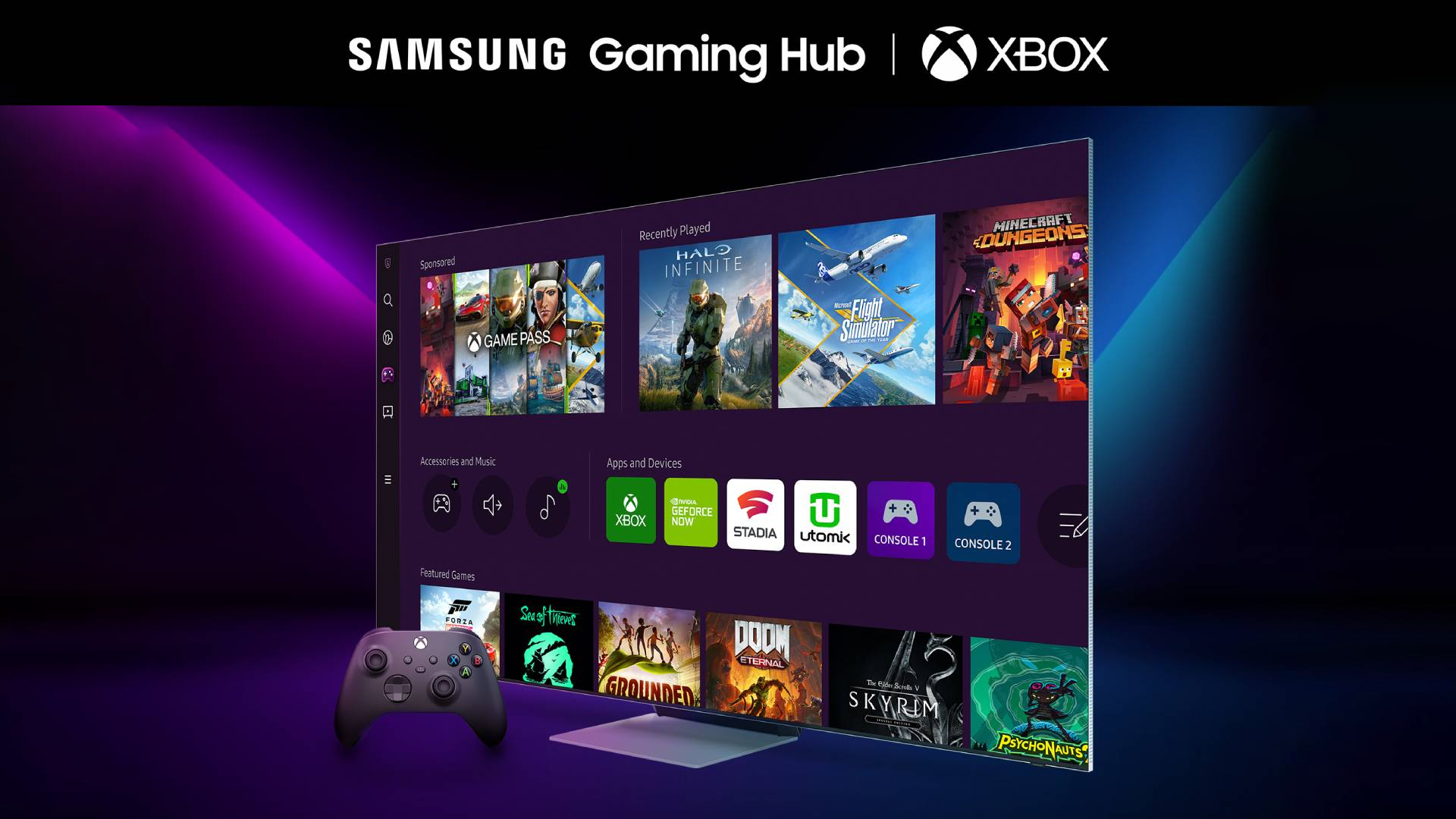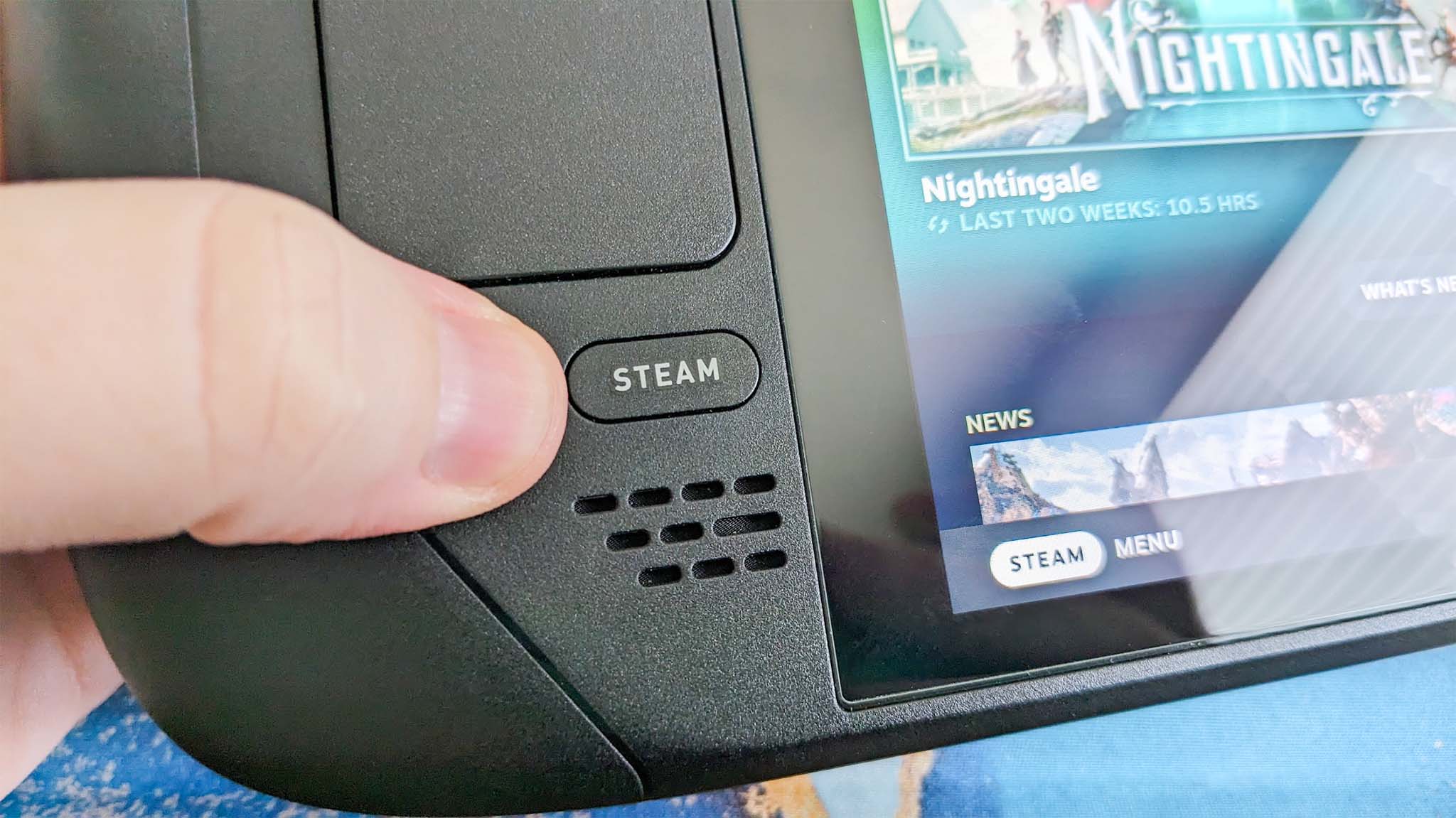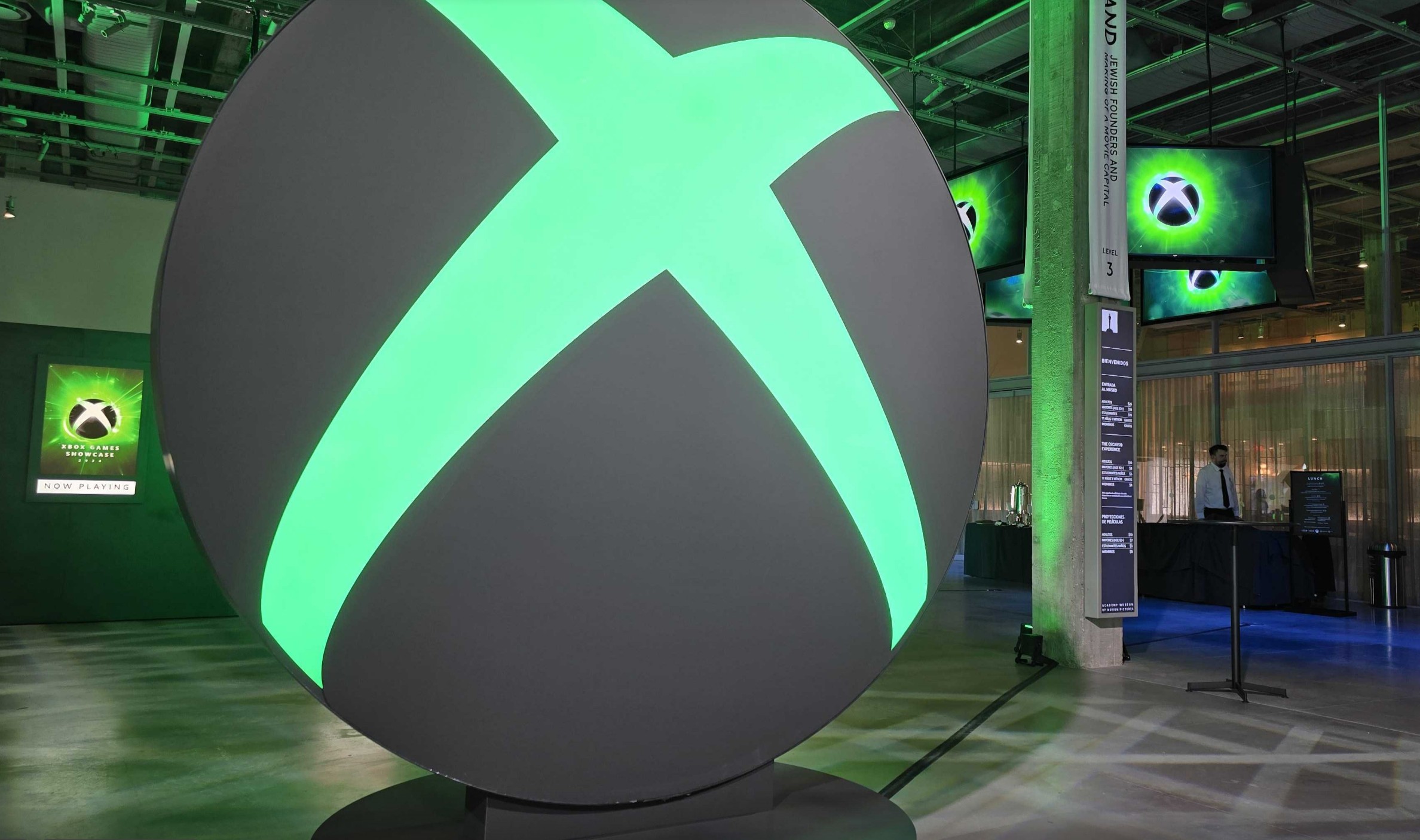2024 will be remembered as a pivotal year not only for Xbox, but the game industry at large.
With game industry growth stagnant at best and costs rising faster than ever, many of the alarm bells being rung years ago that AAA gaming was unsustainable have been playing out in slow motion over the last few years. Mass publisher layoffs, studio closures, and a decrease in venture capital investment in new gaming projects has led to vast disruption across the industry this year. Few are feeling that more than Xbox right now.
Xbox has had thousands of layoffs within its bulky Microsoft Gaming division, which counts Xbox studios, Bethesda, and Activision-Blizzard within its operation. Xbox has also had some huge content wins this year too, with Indiana Jones and the Great Circle delivering what might be the best “Xbox exclusive” the company has had in years, despite the discourse surrounding it. Because indeed, it isn’t truly console exclusive, it’s coming to PlayStation in a few months.
After The Game Awards this year, Microsoft’s previously-confirmed exclusive The Outer Worlds 2 was revealed for PlayStation, which reveals the next phase of Microsoft’s gaming content strategy code-named Latitude. With comments from Phil Spencer describing how there are no red lines for what games could come to PlayStation, it’s time to accept that Xbox will no longer have “console exclusives” moving forward — everything will either be timed, with a few outliers remaining console exclusive for incidental reasons, like developer bandwidth and so on. Even Halo, Forza, and Gears of War, games commonly associated with the Xbox brand, are not off the table.
Why is this a big deal? Is it even a big deal? Why is Microsoft doing this in the first place? Without exclusives, where does that leave Xbox console hardware? Let’s analyze.
The dilemma
Coming out of the pandemic, gaming engagement is largely flat, with playtime hours and spend down based on some analyses. Analytics firms like Newzoo and Circana both describe how industry growth has been knee capped by rising costs and a downturn in organic user acquisition. PlayStation alumni Shawn Layden recently laid some of the blame for that not at other gaming companies, but at social media sites like TikTok, Instagram, and YouTube, which compete for the attention of the new generation coming in.
Gen-Z is old news now (yes, you’re old). It’s Gen-Alpha that is coming up to the plate, and more than ever, youngers are more interested in watching videos about games than actually playing them. All markets hit their saturation point eventually, but the issue for the existing playfield is that costs have risen faster than growth, leading to a mathematical impasse which has seen PlayStation begin supporting PC via Steam and Epic Games, and Xbox supporting not only Steam but PlayStation itself.
The insta-gratification of short-form video content powered by algorithms that give you exactly what your brain at least thinks you want/need has become a central pass time for many, for better or worse. Since Xbox is on the lowest rung of the ladder compared to Nintendo and PlayStation, Xbox is feeling the pinch of the floodwaters first, which explains some of its recent decisions.
Microsoft states that it is seeing record users on Xbox consoles, in direct, legally-binding comments to its shareholders. Microsoft could be sued by the U.S. SEC for misrepresenting its business, so there’s no reason to think it’s lying here. Indeed, things aren’t as “doom and gloom” as the internet might have you think, particularly given AAA publishers are still eagerly building games for the Xbox ecosystem. If things were truly as dire as people suggest, we’d see swaths of major AAA games skipping the platform — that simply isn’t the case (for now). And in fact, we’ve seen games that were previously PlayStation exclusive come to Xbox to find new revenue streams. Genshin Impact and Death Stranding being two recent examples. If there was no business opportunity on Xbox, we simply wouldn’t be seeing this happening, and sources suggest to me that even more unannounced and previously PlayStation-exclusive games are slated for Xbox in 2025 as well.
But fans like Microsoft predict and react to a projected future. If Xbox isn’t growing, then developers could one day abandon the platform in bigger numbers. And if developers abandon the platform, then you could see exciting games you want missing the platform. If people start feeling they can’t rely on Xbox for most content, then why stay? If people leave, then why would developers stay? Death spiral, etc.
The bulk of Xbox’s income today comes from Xbox console, whether it’s game sales, microtransactions, or services like Xbox Game Pass. The dilemma revolves around growth, and staying ahead of rising costs.
The solution
In order to find new sources of revenue and stay ahead of rising costs, Microsoft began putting its games onto PC as far back as Quantum Break’s launch almost ten years ago. Despite being in third place, the strategy has served them well.
Microsoft has been incredibly adept at monetizing the Xbox business, despite repeated disasters and missteps. The Xbox One messaging nightmare came close to killing the brand, not to mention RROD back in the Xbox 360 days. The Xbox Series X|S has had to navigate Covid-19, and also an enormous chip shortage that prevented it from getting consoles out fast enough at the start of the generation. Despite this, Xbox sees record revenue and users, thanks to innovation in services, inorganic growth investments like Activision-Blizzard, and expanding to new platforms.
Microsoft’s struggle right now is on messaging perhaps more than anything, as it positions its business for a new era while managing the expectations of its most passionate fans and customers, and the investors who turned Microsoft into a multi-trillion dollar market cap company. If I’m an investor today, I’m asking why Microsoft sank $71 billion into Call of Duty and Candy Crush, and not AI start-ups.
And indeed, therein lies a lot of the scrutiny right now. Xbox went from being a well-funded start up within Microsoft to being bigger than Windows itself. Investors are now actively auditing what Microsoft is doing with that massive cash injection it sent over to Activision-Blizzard. Imagine if Call of Duty Black Ops 6 had been a huge flop instead of a massive success story — particularly as Google, Facebook, and xAI rapidly catch up to OpenAI and Microsoft’s own AI platforms. As an investor, I’d be questioning CEO Satya Nadella’s logic, and they most likely are.
As such, Xbox has to grow. Microsoft CEO Satya Nadella said to shareholders today that it wants to “redefine what it means” to be an Xbox fan, with a bigger emphasis on finding players where they are, rather than sinking millions, maybe billions of cash into increasingly expensive user acquisition efforts. People’s libraries are digitally-locked to the platforms they are in. Microsoft figures at events like Summer Game Fest told me they’re not seeing users switch between consoles much, despite their multi-platform plan.
The Outer Worlds 2 being announced for PlayStation was not a result of a game being delayed out of 2025 nor was it the result of Xbox or developer Obsidian needing a rapid cash injection. It was decided as a result of the “four Xbox games” previously slated to move to PlayStation having no material impact on active Xbox console users. Microsoft is taking this as a signal that people are happy where they are, and aren’t willing to move platform on the basis of what the “other side” has access to.
Microsoft considers that the bulk of those younger Gen-Alpha and Gen-Z users I mentioned earlier are graduating from iPad and Nintendo Switch all the way to Windows PC, which more closely mimics the versatility and openness of a mobile device.
Microsoft is reacting to this trend early, by talking about putting Steam and Epic Games Store onto future Xbox consoles. It’s reacting to this by investing a huge amount into improving Windows gaming performance, as well as its usability on devices like the ASUS ROG Ally and Lenovo Legion Go. Microsoft is also known to be building its own Xbox handheld. Sources tell us that Microsoft is also working on a set of in-game APIs and user interface features, called Project Rainway, which is some form of cross-platform Xbox guide menu. Microsoft has been inspired by the in-game Battle.net social features seen in Hearthstone, Diablo IV, and World of Warcraft, which lets you share and communicate cross-platform. This means that for games running on other platforms from Xbox, they will still have an Xbox flavor and in-game Xbox systems, maybe even cloud saves. Indiana Jones on Steam, for example, supports Xbox cloud saves. Diablo IV keeps your progression no matter what platform you’re on, too. Microsoft wants to extend that to all of its games, and that’s what Microsoft ultimately means with its marketing campaign “This is an Xbox” — every Xbox game itself will become an Xbox, if this Rainway project reaches fruition.
This strategy is, of course, fraught with risk.
The risks
Microsoft is a data-driven, telemetry-obsessed company, and it sort of has to be. When shareholders are involved, there’s always a weird disconnect between what shareholders want and what customers want. There’s a desire for on-paper accountability, which leaves little room for gut instinct innovation or a customer-first culture.
This is why you often see things fall fast through the cracks at Microsoft. Skype was the world’s number 1 consumer communication platform for a time, but corporate inertia saw it get utterly destroyed by rapid innovators like Zoom and Discord. When there are so many options out there, a company that can invest 100% of its profits back into customer-friendly initiatives can cut through and accelerate above legacy corporations that rest on their laurels, and leave accountability to Excel spreadsheets.
On paper, Xbox is cleverly getting ahead of trends over which they have no control. I worry that Microsoft is simply ceding ground based on faulty data, creating a self-fulfilling prophecy. But it doesn’t matter either way. When you’re a company as big as Microsoft, you have enough liquid cash to simply invest in the next big tech trend. During the pandemic service game boom, that was Xbox, and likely informed their decision to acquire Activision-Blizzard. Now, we’re in the AI boom, where funds are bending over backwards to buy up pieces of AI start-ups. Microsoft even have a brief investment spree into the faddy “metaverse” which obviously went nowhere.
With Xbox, the bulk of its investment is being spread towards areas where it is seeing growth. I’m told that Xbox Cloud Gaming, for example, is seeing a large run on growth lately, buoyed by the recent decision to expand the list of playable games to games you can actually buy, beyond Xbox Game Pass. PC gaming is also a huge growth area for Microsoft, which is why so much investment is hitting the Xbox PC gaming systems underlying Windows.
My concern, again, is that Microsoft is spreading themselves thin here. With Xbox Cloud Gaming, they’re competing against NVIDIA GeForce Now, which is 100% all in on cloud as their only gaming platform, while Xbox can only commit so many resources. On PC, Microsoft is going head-to-head with Steam, which is 100% all in on PC, while Xbox can only invest so much. On console, PlayStation is 100% all in on cannibalizing Xbox’s market share, while Xbox is fighting with one arm tied behind its back.
Splitting the effort against so many different fronts could risk potentially losing all of them, and seeing Xbox collapse in on itself to become another third-party publisher akin to EA or Tencent. For Xbox customers who are digitally locked specifically to Xbox hardware, the phrase “This is an Xbox” when referring to a Samsung smartphone rings utterly hollow and out of touch. If I can’t play all of my games on all of these devices, they are certainly not Xbox, and they’re certainly not the Xbox that Microsoft seems to be moving away from.
These weaknesses are rife for exploitation by companies who would be happy to see Xbox fall apart. Many Xbox fans would sooner likely to go to PC, given that all of Xbox’s games support cross-buy on PC anyway. But there are so many more who simply want a console that can sit under their TV, and is usable with a controller, and doesn’t ask you to reach for a keyboard and mouse. For them, the only options will be PlayStation or Nintendo.
Windows itself is under threat from Valve’s Steam Deck and SteamOS, which will debut its first third-party SteamOS hardware at CES 2025 in Las Vegas. These devices will be certified by Valve, and will give us the first examples of how much more optimized SteamOS with Proton is for gaming over Windows itself. Windows has come under scrutiny by gamers and consumers in general for its hardware restrictions in Windows 11, its privacy-mocking features like Windows Recall, and its insistence on putting ads within the Windows shell. If Valve’s SteamOS could eventually evolve to be a more user-friendly version of Windows for multi-modal gaming, that potentially presents an existential threat to Microsoft too. Fixing that technically falls under both Microsoft Gaming and Windows, which historically don’t seem to be particularly great working together.
But … that’s what competition is supposed to be for. Valve, PlayStation, Nintendo, Microsoft, NVIDIA, and whoever else are supposed to compete for our money and attention, leading to better products and better value. Competition gave us Steam sales and Xbox Game Pass. Competition keeps prices from spiraling out of control, and they help foster innovation. Despite all the competition Xbox is facing, there are a lot of opportunities, as well as reasons to be optimistic.
The reward
I’ve said it before. When Valve starts putting Steam-based home consoles out that are at least comparable in power to a PS5 and Xbox Series X — filled with “exclusive” games from those companies — the whole multi-platform debate is going to seem a bit silly.
On paper, it would be great if no games were exclusive. If my PC truly were an “Xbox” as Microsoft claims it is, letting me play my entire Xbox library on my Lenovo Legion Go. I’m catching a flight tomorrow, and my options about to play are limited to Xbox Play Anywhere. I love Xbox Play Anywhere, it’s just frustrating so few games, mostly from third-party, actually support it.
I believe Microsoft when they say this is where things are trending. The idea of my content being locked to one device is silly. The problem is, they’ve built a platform where 90% of my content is locked to one device. Xbox Cloud Gaming “bring your own games” will help, but it’s really the native experience many or most will want here.
Microsoft CEO Satya Nadella on the This is an Xbox ads and strategy: “we are redefining what it means to be an Xbox fan, it’s about being able to enjoy Xbox on all your devices” https://t.co/4ThvyET6s3 pic.twitter.com/3Ie1UhUu1MDecember 17, 2024
Redefining what an Xbox fan is isn’t really something Microsoft or Satya Nadella can claim control over. You can’t force someone to be a fan of something they don’t like, nor understand. Microsoft hasn’t done a good job of explaining their plans for delivering upon their “This is an Xbox” message. It feels more like a vision, than something that they can truly execute. There are so many constraints, so many competitors, so many moving parts — to get their entire legacy of content, and its legacy fanbase, and its third-party devs on board with supporting its vision for the Xbox PC store, Xbox Cloud Gaming, and future Xbox hardware seems utterly alien to me right now.
But what if they pull it off?
What if all Xbox games had Xbox Play Anywhere? What if all Xbox games were cloud-capable on any device at any time? What if I could benefit from Xbox ecosystem features even when I was running an Xbox game from PlayStation, Steam OS, or Nintendo Switch 2? What if I didn’t need to jump through weird hoops to play with friends on other platforms? What if my cloud saves were truly universal and platform-agnostic? What if indie devs supported the Xbox store on PC, and by extension console, as aggressively as they do Steam? Xbox’s upcoming slate of games, regardless of platform, is stronger than it has ever been. What if the Xbox OS was extended onto my Windows PC, giving developers building games in the Xbox ecosystem a vastly bigger platform than Xbox could offer on its own hardware endpoints? What if Xbox console hardware could benefit by pure virtue of being adjacent to a more gaming optimized Windows?
I would love to see Xbox consoles find a future as part of a wider, broader, device-agnostic ecosystem. I’m not sure Microsoft has been able to make a compelling nor confident pitch for that so far, to customers or developers. It’s evident in the fact Microsoft seemed to misunderstand how difficult it would be to build and deliver a mobile gaming store for Android. It’s evident in the fact very few PC devs organically support Xbox on PC. It’s evident in the fact many vocal Xbox fans don’t feel confident in Xbox’s future.
… But what if they pull it off?


